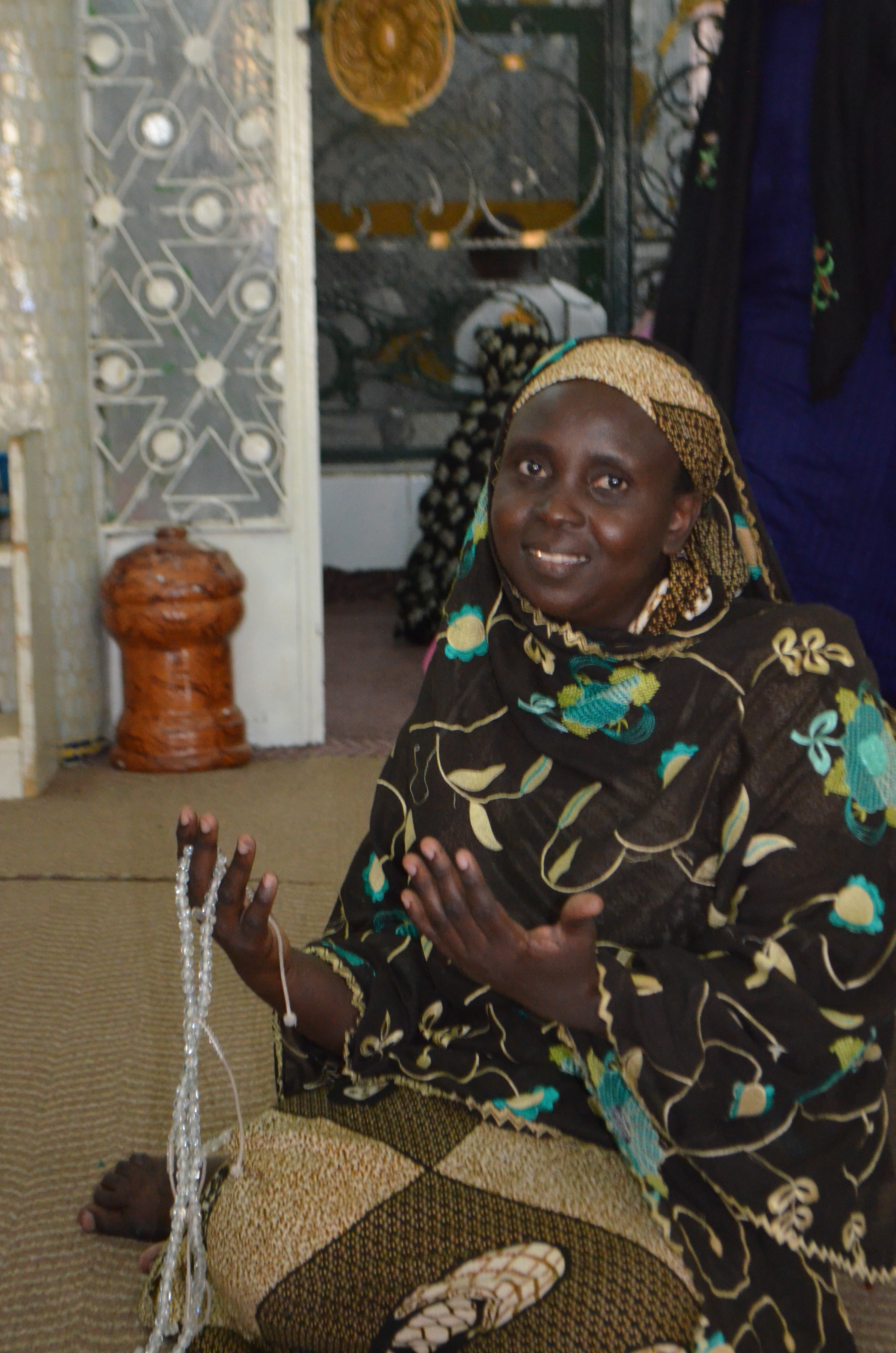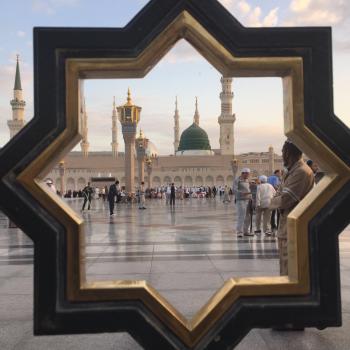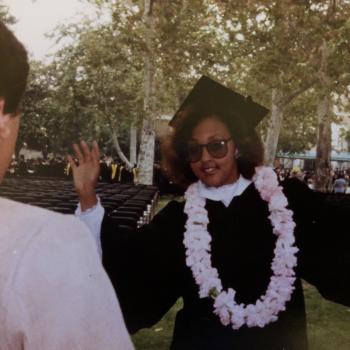The sun was still beating down.
It was early evening in Senegal and my plane had just landed. I looked out at the vast landscape. It was bursting with colors of the Earth, every hue of green and brown imaginable to the eye. The sand swirled in the wind as my heart fluttered in my chest. I took in a deep breath of relief as the wheels of the plane jolted the sand encrusted African pavement. I was back in the Motherland.
No one could tell me nothin’.
I am a mixture of a lot of things and damn proud. A true daughter of the diaspora. My lineage is rooted in Africa, from the East all the way to the West. My round face, small nose and almond shaped eyes scream East Africa, the birth place of my beautiful father. My bright outfits and chunky bracelets make sure folks are well aware that I am a sista from Chicago and always down with the revolution. All of these identities are carefully wrapped into a hijab, that mind you, are always well coordinated with my over sized earrings.
My passport is almost full and my heart repeatedly bursts with joy every time I set foot back on the Continent. I have travelled across Africa. From Mali to Ethiopia then back to Ghana and Sudan. Each one of these countries has unique cultural traditions that set them apart from one another. All of these differences I appreciate. From my experiences traditional cultures offer something the West does not. There is a collectiveness, a tightness between the people even though many of these countries have suffered from issues related to colonialism and imperialism. Ties such as family and lineage are an integral part of African society. I wish that every Black person could have the experience of traveling back home, yes I said home. My experiences of traveling back to Africa continue to be a mind opener and with each visit I continue to grow and learn something new.
One thing that continues to surprise me about many Muslim countries in Africa is how relationships between men and women are carried out. Growing up in Chicago my experiences and perceptions of Islam were heavily shaped by being in predominantly Arab communities, who were a tad bit on the conservative side in regards to their practice of Islam. For most of my school life, I attended an Islamic school that was gender segregated. Nearly everything was hyper-sexualized and male/female interactions always seemed out of place and unnatural. Teachers would hawk the hallways and personally call you out if your behavior was deemed inappropriate. Within that cultural context many times I felt that my presence as a young woman was either viewed as a problem or in some cases a temptress. Now as an adult, I understand the community elders had sincere intentions with separating the boys and the girls. Though unfortunately, this practice became problematic when many of us went on to college having a difficult time interacting with our counterparts.
A sista must make it clear…
I believe there are certain instances where men and women should be separated but for the most part I don’t see the need. In a majority of African cultures both men and women function together, side by side without any issues. I think the Arab world could take note of this because gender relations seems to be an ongoing issue in many Arab communities. Along with that women in many parts of Africa are an integral part of society and their status is recognized.
So this brings me to what inspired this post…
Recently in Senegal, I attended a Friday prayer where a woman busted out in nasheed (religious/spiritual song) in the middle of the mosque. Her infant lay in her lap with an oversized scarf draped over him. She batted the persistent flies that kept landing on him. I was shocked that no one stopped or scolded her for singing. My eyes were fixated on her. As her voice echoed throughout the mosque I waited for someone to scorn her. Her melodic voice was strong but had feminine undertones. Her eyes were closed as her body swayed to the movement of her voice. She was wrapped into the moment, almost as though she was in the comfort of her own home. I looked around, expecting some old looking dude to start yelling and to my surprise no one said anything. She sang while folks kept going about their business. All she got were a couple curious glances and a group of giggling girls in the back corner. It was very refreshing for me to witness this moment as she claimed her space and looked so natural doing so. I was determined to meet this woman. So for the next several days I attended the mosque at the same time. I knew language would be a hindrance but I had to meet her. Later, I found out that she came from a family of Nigerian (Hausa) women that were all religious singers. She travelled to Senegal for the month of Ramadan. She had been singing since she was six years old, a tradition solely passed down to the women in her family. With a shy smile she told me it was reserved for them.

I’ve left a little piece of my experience for you.
Enjoy.











